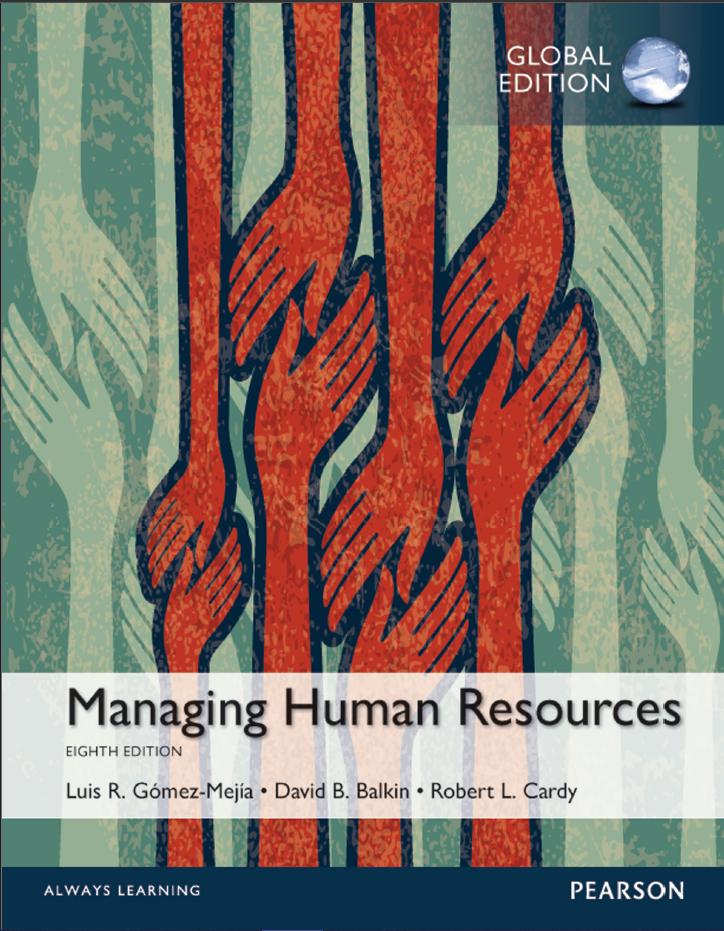If you were asked to design a set of incentives to induce expatriates to accept an assignment
Question:
If you were asked to design a set of incentives to induce expatriates to accept an assignment in a risky area, how would you set this up? And once the expatriate accepts the assignment, how would you try to reduce the possibility that the expatriate may return earlier than you would like? Explain.
One of the concomitants of international assignments is the fear that the expatriate and his or her family may be the target of terrorism.
Unfortunately, the expatriate may be seen by some political groups and radical religious extremists as representing a foreign enemy, or by local bandits as a rich foreigner ready for plucking.
This fear places a lot of stress on the expatriate, particularly in some parts of the world (such as the Middle East and some South Asia regions). Unfortunately, these regions are precisely the ones where multinationals tend to rely on expatriates most, given the lack of local talent or the suspicion that local personnel cannot be fully trusted.
Although some fears may be exaggerated, the danger is often very real. The Worldwide Incidents Tracking System of the National Counterterrorism Center reports approximately 12,000 terrorist attacks per year, resulting in more than 13,000 deaths. This does not include hijackings, muggings, break-ins, and the like, which obviously add to the anxiety. Many multinationals resort to “compounds” as living quarters for expatriates and their families, but these “increased safety measures do not convey feelings of safety but rather can represent latent danger.”
Step by Step Answer:

Managing Human Resources
ISBN: 9781292097152
8th Global Edition
Authors: Luis R Gomez Mejia, David B Balkin, Robert L Cardy





